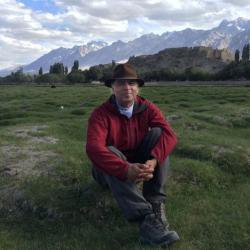Karim-Aly Kassam

Karim-Aly Kassam
Professor, Natural Resources and the Environment, Cornell University
- Email: ksk28@cornell.edu
- Cornell University (profile)
Organizer of:

Professor, Natural Resources and the Environment, Cornell University
Organizer of: